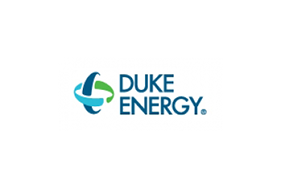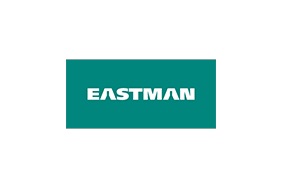Environmental Resources
Conserving natural resources, landscapes and wildlife for use by future generations.

POSTED
04-03-24
Push Is On To Open Power Grid to Intermittent Solar and Wind Projects
In a bid to fix a growing problem throttling solar development throughout the state, lawmakers are pushing to open the electric grid to absorb significantly more clean-energy projects.

POSTED
04-03-24
How Duke Energy Plans To Power the Carolinas’ Energy Growth
In a recent update to North Carolina and South Carolina regulators, Duke Energy proposed significant investments in solar, energy storage, and nuclear, along with more hydrogen-capable natural gas facilities.

POSTED
04-03-24
Solving the Big Data Energy Crisis
To unleash energy efficient innovation for data centers, we encourage you to call on government to pursue smart, science-based regulations that ensure access to the critical technologies of the future.

POSTED
04-02-24
Celebrating Three Years of Partnership With Wine To Water on World Water Day
Lenovo’s global philanthropy works to share the company’s greatest strengths – diversity and innovation – with communities. We’ve been able to guide Lenovo to share these strengths in new and different ways for their philanthropy program.

POSTED
03-29-24
New Report Highlights Black Household Energy Burden in Georgia
Researchers from Georgia Tech have released a report titled “Energy Burdens of Black Households in Georgia” that analyzes the disproportionate effects of energy burdens on Black households in the state, and its ramifications.

POSTED
03-29-24
Chemours Brings a Unique Voice to Global Energy Conference, CERAWeek
Last week Chemours was on the ground in Houston, Texas for CERAWeek.

POSTED
03-28-24
US-Based Tree Planting Nonprofit Broadens Global Reach
The Arbor Day Foundation is crossing international borders to collaborate with planting partners utilizing innovations in tree planting.

POSTED
03-28-24
Eastman Selected by U.S. Department of Energy To Receive up to $375 Million Investment for Its Second U.S. Molecular Recycling Project
Eastman’s second U.S. molecular recycling project has been selected by the Department of Energy (DOE) to begin award negotiations for up to $375 million in Bipartisan Infrastructure Law and Inflation Reduction Act funding as part of the Industrial Demonstrations Program (IDP).

POSTED
03-28-24
FedEx Supports New Project Mapping Charging Needs and Grid Readiness in the GTHA
The Pembina Institute has launched the Grid Readiness Project to help accelerate the transition from gas- and diesel-powered fleets to zero-emission road freight. The project is possible through a collaboration with the Rocky Mountain Institute and generous support from FedEx.

POSTED
03-27-24
Material Circularity: Principle No. 2 for Building a Circular Economy
To achieve true material circularity, we need material-to-material molecular recycling. To create a circular economy, we need to invest in better access, collection and sorting within the mechanical recycling system.

